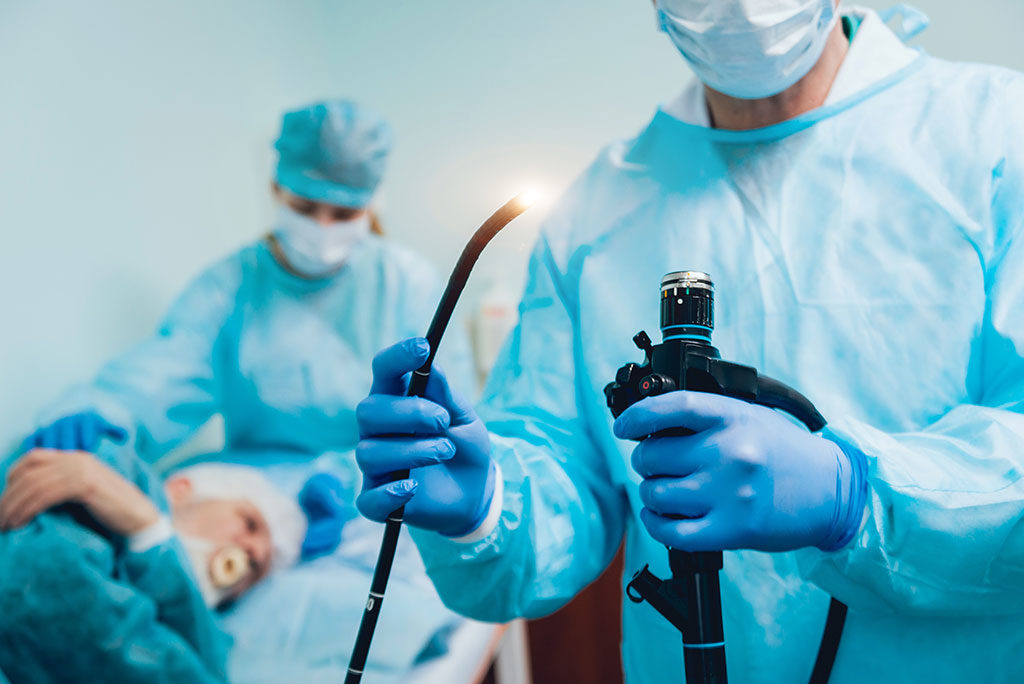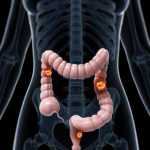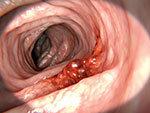The primary aim of colorectal cancer treatment is the removal of the entire tumor tissue. This goal can usually be achieved when the cancer has not already spread to other organs like lymph nodes, liver, or lungs. In rare cases, very early tumor stages can be treated successfully by endoscopic removal of the tumor alone.
In most cases and particularly in the case of bigger tumors, the draining lymph nodes have to be removed together with the tumor, as they are frequently infiltrated by tumor cells, and tumor recurrence might originate from these cells later on when they are not removed properly. Therefore, oncologic resections usually require the removal of bowel segment carrying the tumor together with the draining lymph nodes with a re-connection of both bowel ends at the end of the operation. Very often, these procedures can nowadays be performed by minimal-invasive, laparoscopic surgery, enhancing the recovery of the patient.
Depending on the tumor stage that largely depends on the size of the tumor and on whether lymph nodes are infiltrated by the tumor, a so-called adjuvant chemotherapy might be recommended to minimize the risk of tumor recurrence from potentially remaining tumor cells later on.
In rectal cancer within the last 16cm above the anus, pre-treatment with radiochemotherapy or radiation alone can improve the oncologic outcome in patients with large tumors or tumor spread to the lymph nodes.
Should a spread to other organs such as the liver or lungs be detected during the preoperative work-up, an individual concept with a multidisciplinary approach might be necessary to achieve the best prognosis for the patient.





